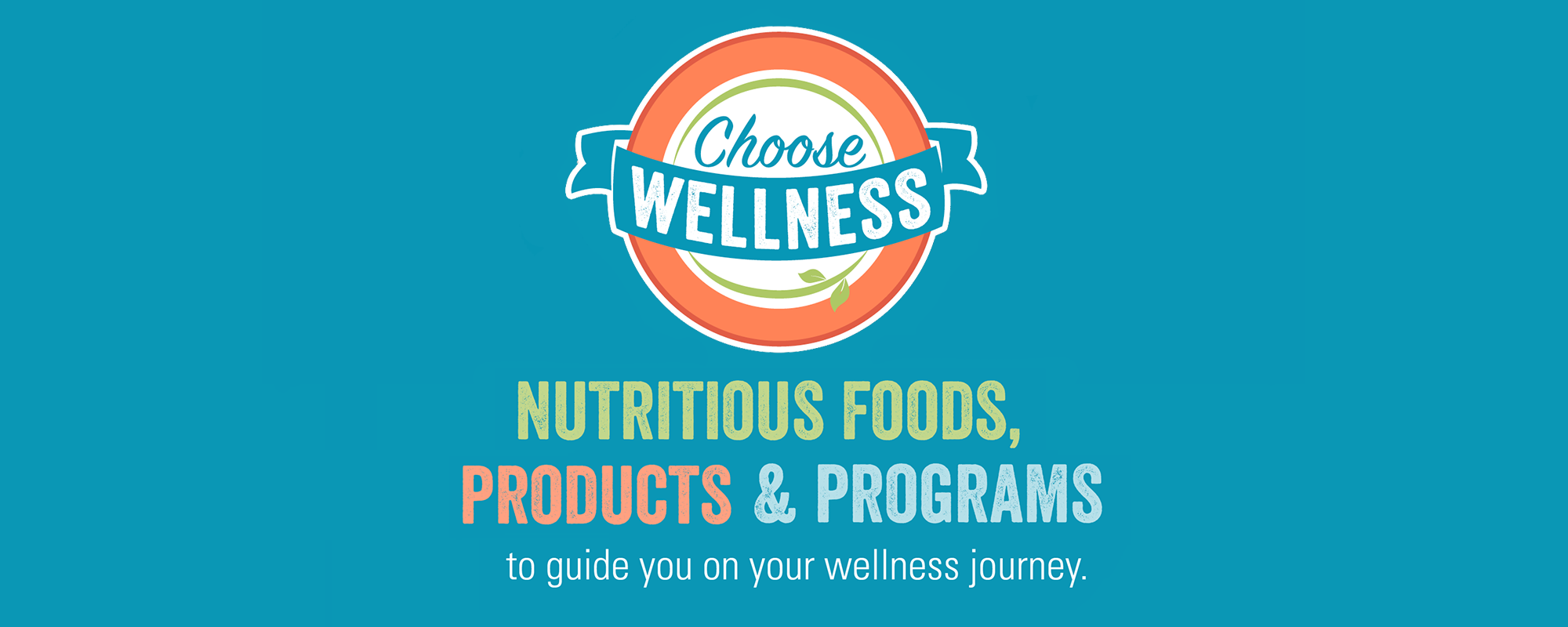Year after year, the Mediterranean diet ranks as one of the best diets to follow. According to the American Heart Association this style of eating helps prevent heart disease as well as stroke, obesity, diabetes, high cholesterol and high blood pressure. The Mediterranean diet includes plenty of fruits, vegetables, whole grains, beans, nuts, seeds, herbs and spices. Olive oil is the main source of added fat and fish, seafood, dairy and poultry are included in moderation. Red meats and sweets are eaten only occasionally.
It may seem strange that olive oil is a notable aspect of this diet since it is fat. The reasoning behind this is because it is a monounsaturated fat which actually lowers your total cholesterol. This diet is also high in Omega-3 fatty acids which are found in fatty fish such as mackerel, tuna and salmon. These Omega- 3 fatty acids are polyunsaturated fats that help fight inflammation, decrease triglycerides, reduce blood clotting and lower the risk for stroke and heart failure. Another aspect of the Mediterranean diet is being physically active which a key part to staying healthy.
Below are some tips from the Mayo clinic on how to get started if you are interested in this diet. (https://www.mayoclinic.org/healthy-lifestyle/nutrition-and-healthy-eating/in-depth/mediterranean-diet/art-20047801)
- Build your meals around vegetables, beans and whole grains
- Eat fish at least 2x a week
- Use olive oil instead of butter while cooking
- Serve fruit for dessert rather than other types of sweets
For more information and recipes about the Mediterranean diet, visit https://oldwayspt.org/


